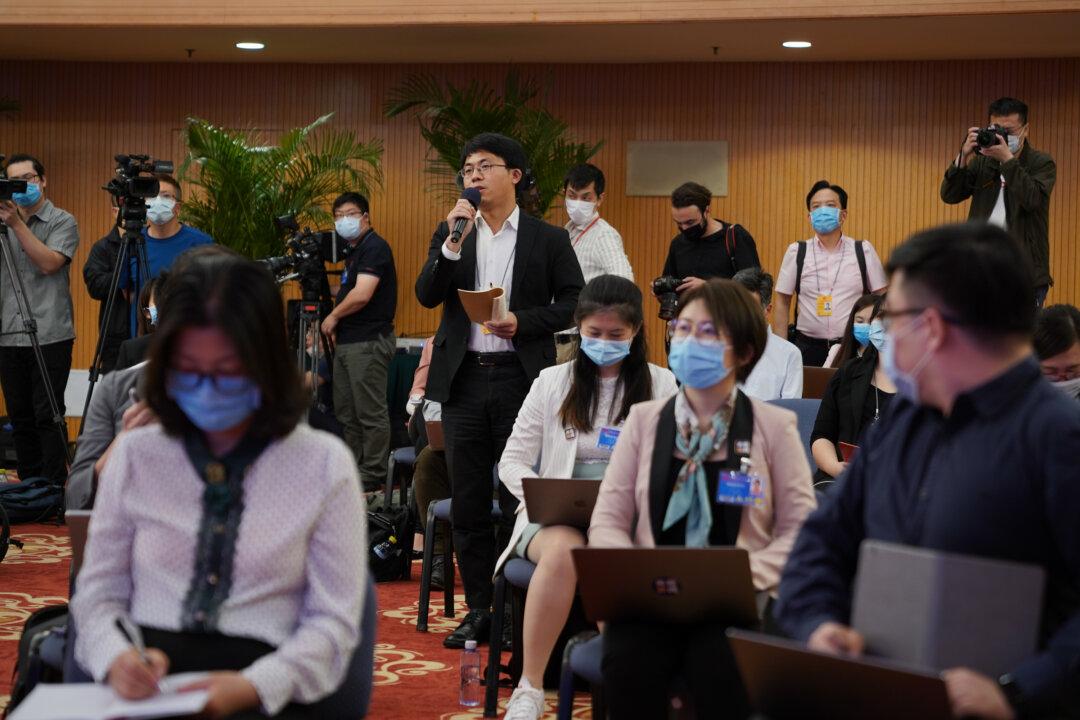The Chinese Communist Party (CCP) recently ordered all monks at a famous Buddhist monastery to study political ideology, while thousands of the country’s journalists had to take tests on communist ideology in order to obtain their government-registered press passes.
Back in October 2019, the Party required all reporters and editors to pass a test on “Xi Jinping’s Thoughts on Socialism with Chinese Characteristics in the New Era,” referring to paramount leader Xi Jinping’s brand of political ideology.





